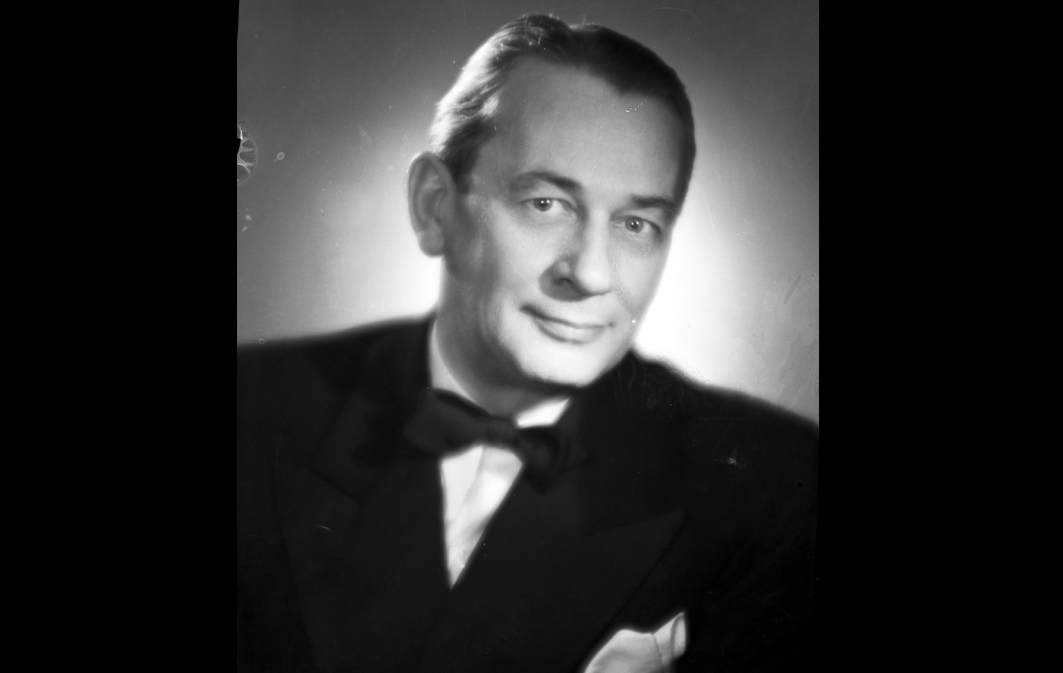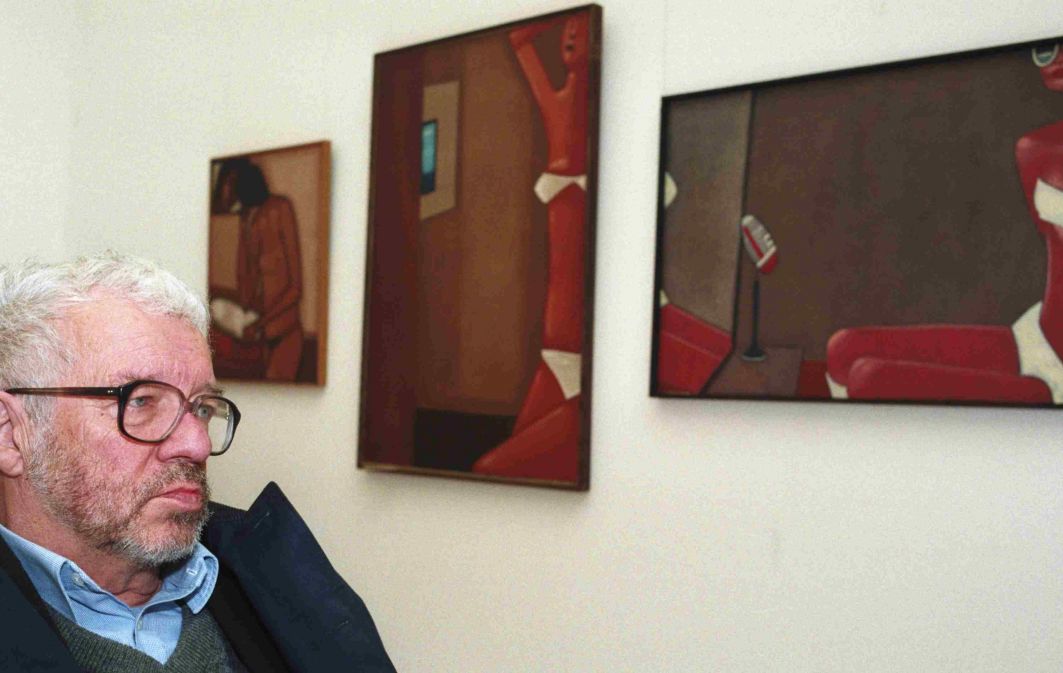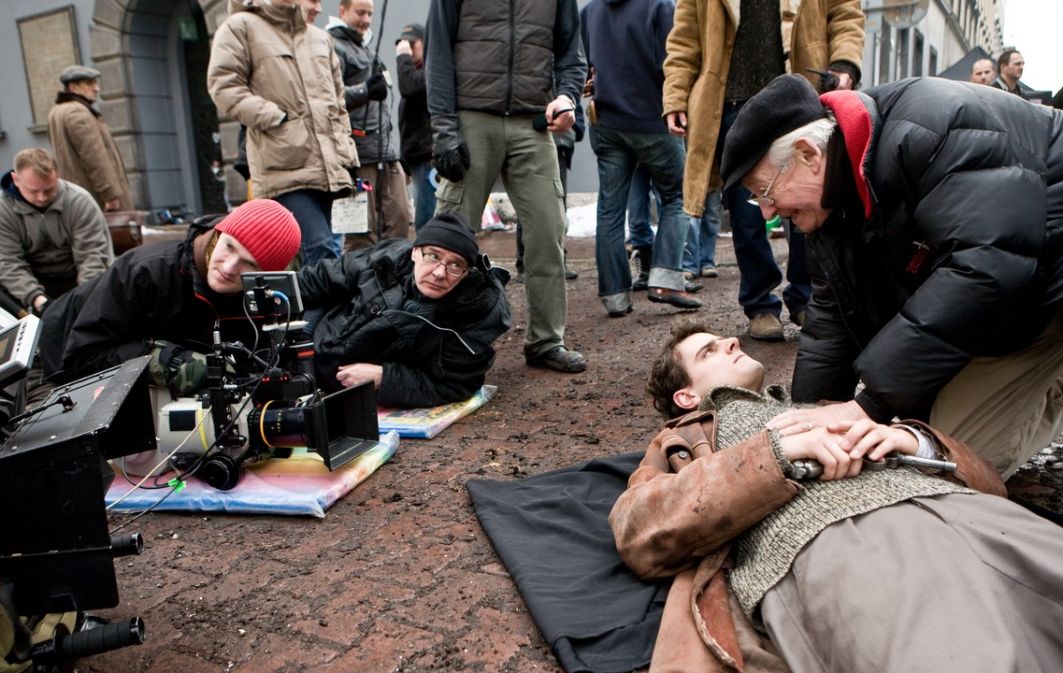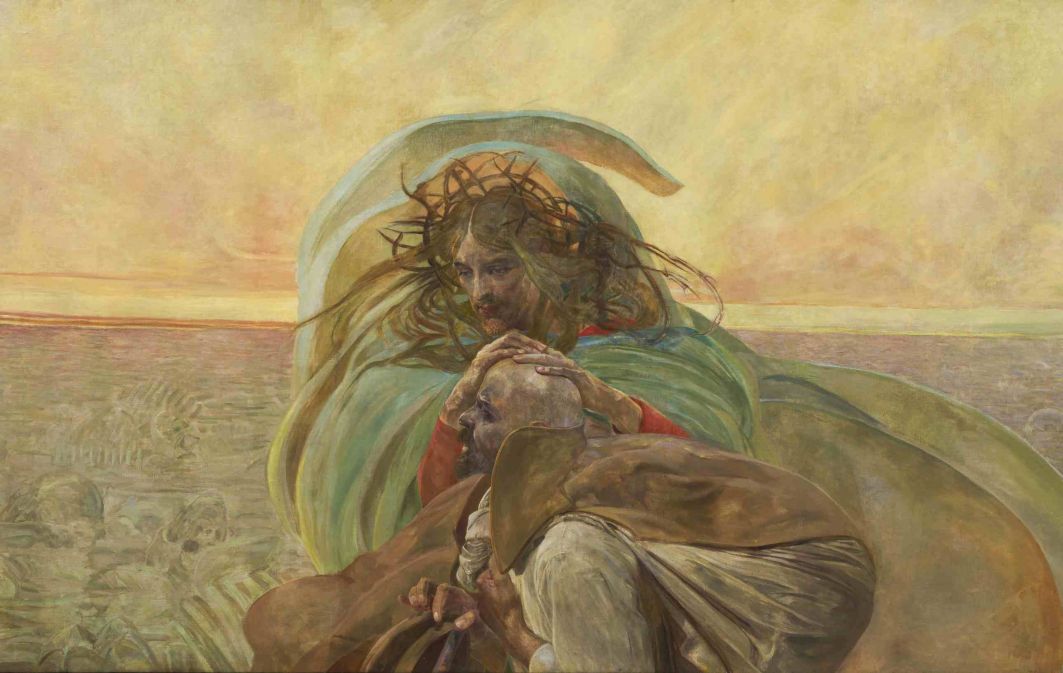Aftershocks swept across the world. The collapse of the Spanish Empire in America proved to be a harbinger of decolonisation. The Dutch and Portuguese also lost their overseas possessions. The strengthening position of the United States of America has already been mentioned. On the other hand, Europe's advantage over the rest of the world was growing. Egypt broke away from the Turkish empire, and the Balkan Greeks and Slavs dreamed of the same. "Bonaparte has given us the example of how we should prevail". Poles still sing to this day.
The Emperor unintentionally contributed to spreading nationalist ideas in Germany and Italy. The defeat and death of the "Corsican monster" gave the divinely appointed monarchs only a moment of respite. The political and social ferment continued. The ancien régime, in order to survive, had to evolve and make concessions. Liberalism gained new positions, and radicals tried to rekindle the revolutionary flame with each crisis.
At the same time when Scott's film was released, two biographies of Napoleon returned to bookstores. Max Gallo, a French journalist and politician who died six years ago, tried hard to penetrate the hero's mind. It's not an example of great literature, but there are more emotions in each chapter than in the production made at a cost of $200 million.
Andrew Roberts also knows how to write with passion and rise above national prejudices. Although an Englishman, he calls Napoleon "The Great". He looks for the key to this character in the years young Buonaparte spent in military schools. The army instilled in him a belief in the importance of practical intelligence supported by hard work and courage. Then, he learned respect for science, law and order, as well as contempt for politicians and journalists.
Historians agree that the Emperor of the French was the last and greatest of the enlightened absolute monarchs of eighteenth-century Europe (though ironically, he became an inspiration for the Romantics). Bonaparte rarely made mistakes on the battlefield. However, on the night of October 25, 1812, he made a decision that led to his downfall. He chose the wrong route of retreat from Russia, which led to the destruction of the Grand Army. That's what Roberts says; from the Polish point of view, things look different. Bonaparte probably could not have predicted that the enemy, avoiding a decisive battle, would shift back to the east and leave scorched earth behind. After capturing Smolensk, Polish generals tried to dissuade him from marching on Moscow. The Emperor did not listen; a year later, he fought for survival.
– Wiesław Chełminiak
TVP WEEKLY. Editorial team and jornalists
– Translated by Katarzyna Chocian

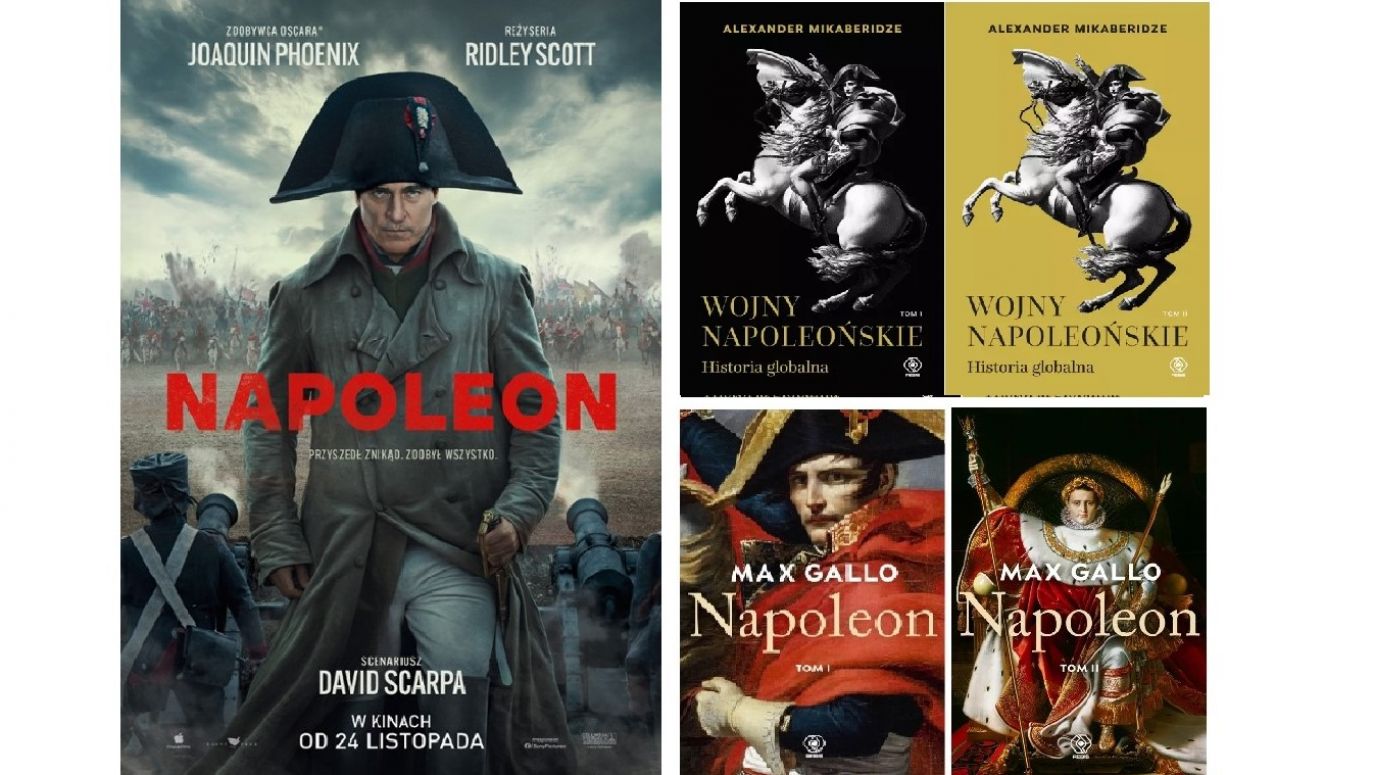
 SIGN UP TO OUR PAGE
SIGN UP TO OUR PAGE

